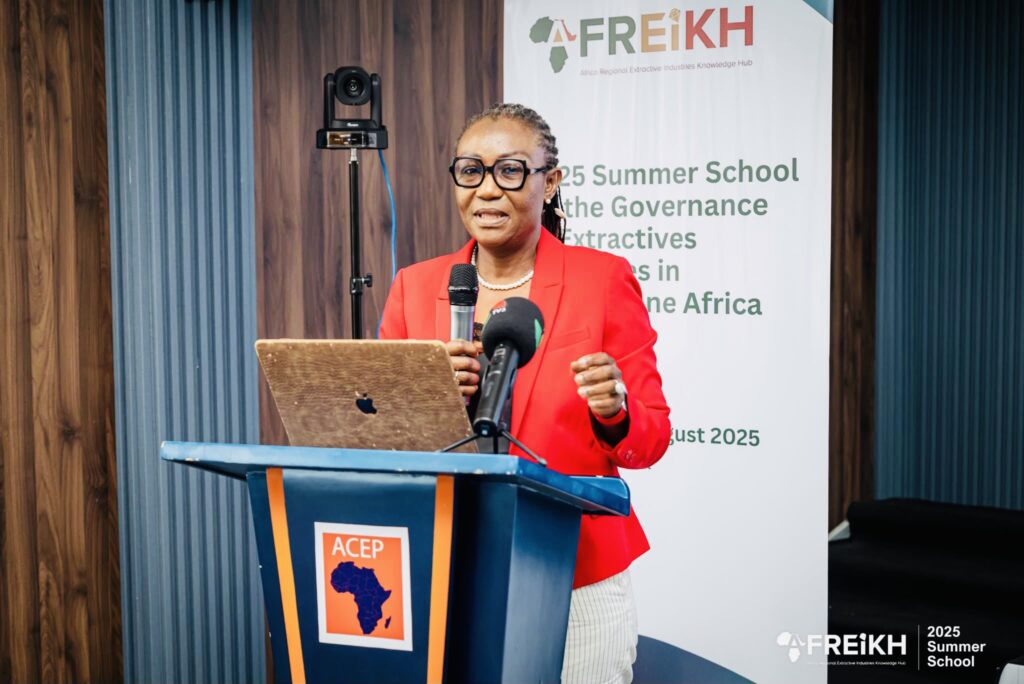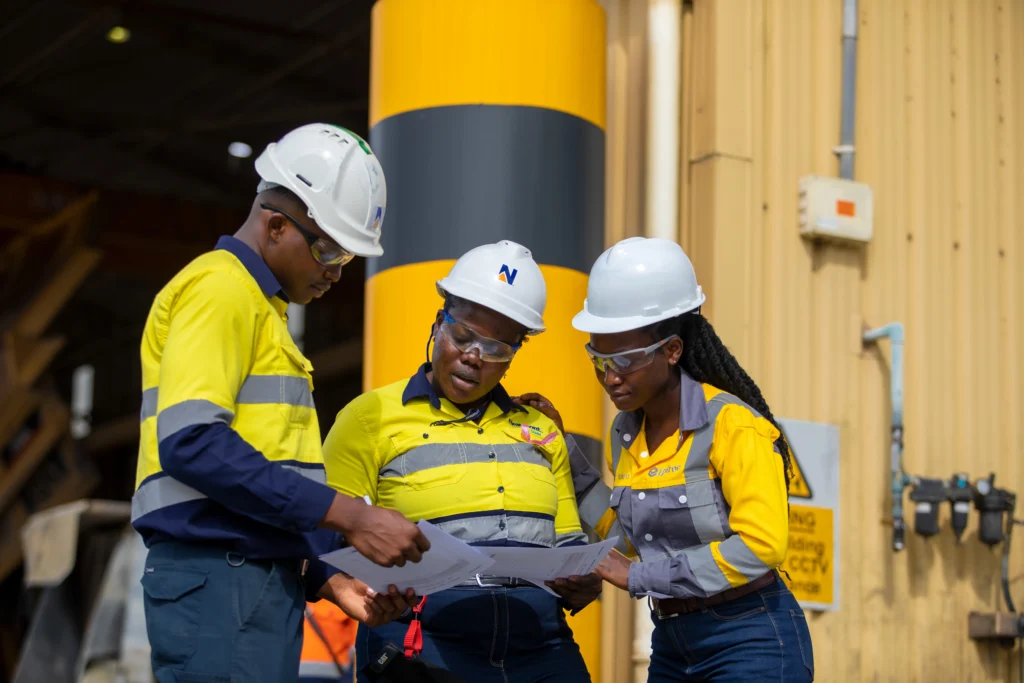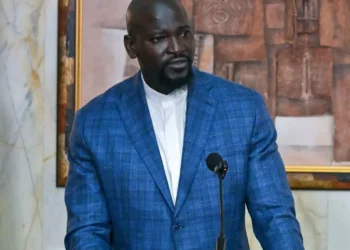Africa’s vast reserves of critical minerals could either transform the continent into a global energy powerhouse or condemn it to repeat the mistakes of the past, according to Nafi Quarshie, Africa Director for the Natural Resource Governance Institute (NRGI).
Speaking at a high-level dialogue on natural resource governance, Quarshie warned that the global shift toward clean energy is not just about technology, but also about power, control, and influence in a new economic order.
“Critical minerals are fast becoming the new oil.
“They are attracting global powers who see Africa as a source of supply, but not always as a partner in shaping the terms. We must not allow the past to repeat itself.”
Nafi Quarshie, Africa Director for the Natural Resource Governance Institute (NRGI)
With demand for cobalt, lithium, bauxite, copper, and other transition minerals surging due to the clean energy boom, African nations find themselves at the centre of the world’s renewable revolution. But Quarshie stressed that history shows resource wealth often comes with a curse rather than a blessing.
“The paradox is that resource wealth has too often meant poverty, environmental damage, and unfulfilled promises for Africa’s citizens.
“The continent must now decide whether it will be a ‘rule-taker or a rule-maker’ in the new energy order.”
Nafi Quarshie, Africa Director for the Natural Resource Governance Institute (NRGI)

She pointed to the global scramble for Africa’s resources, where powerful nations and multinational corporations are negotiating terms largely in their own interest.
Without bold leadership, she warned, Africa risks once again being exploited for its natural wealth while its citizens remain excluded from the benefits.
Quarshie also called for greater transparency and accountability in the management of mineral revenues, insisting that citizens must play a central role in shaping decisions.
“The energy transition is not only about technology, but also about power, who holds it, and for what purpose.
“Governments must ensure revenues are invested in health, education, infrastructure, and sustainable jobs rather than lost to corruption or short-term consumption.”
Nafi Quarshie, Africa Director for the Natural Resource Governance Institute (NRGI)
She emphasised that citizen participation is crucial to ensure that Africa’s mineral wealth drives equitable development.
According to her, mineral governance should no longer be a closed-door affair dominated by elites and foreign investors but must actively include communities who live with the consequences of extraction.
Protecting the Environment, Empowering the Marginalised

Beyond economic governance, Quarshie stressed the urgent need to safeguard Africa’s environment as resource exploitation accelerates.
The continent’s rich forests, rivers, and biodiversity, she said, must not be sacrificed in the rush to meet global demand for green energy technologies.
She also underlined the importance of inclusivity in decision-making. “Women and youth must not be left out. They are not only the most affected by the misuse of natural resources but also key actors in creating a just and sustainable future,” she said.
In an impassioned appeal, Quarshie urged Africa’s youth to bring courage, curiosity, and a fierce sense of purpose to the governance of natural resources.
“The energy transition is shaping the contours of global power and redrawing geopolitical alliances. It holds both peril and promise. How Africa positions itself will determine whether we are rule-makers or rule-takers.”
Nafi Quarshie, Africa Director for the Natural Resource Governance Institute (NRGI)

She encouraged young Africans to leverage their knowledge, innovation, and collective action to hold leaders accountable and demand that mineral wealth be used to create inclusive and sustainable societies.
As the clean energy transition accelerates worldwide, Africa sits on a treasure trove of resources vital for batteries, renewable power, and green technologies.
Global competition for these minerals is intensifying, and the decisions made now will shape Africa’s development trajectory for decades.
Quarshie’s message was clear: Africa cannot afford to remain passive in this new geopolitical landscape.
To avoid repeating history, the continent must negotiate from a position of strength, enforce strong governance systems, and ensure that the wealth beneath its soil translates into lasting prosperity for its people.
For NRGI’s Africa Director, the choice before the continent is stark: embrace the opportunity to become a rule-maker in the global energy order or risk once again being relegated to the role of a resource provider with little control over its destiny.
READ ALSO: Ghana Set to Smash All 2025 Economic Targets – IC Research Hails Strong H1 Performance



















